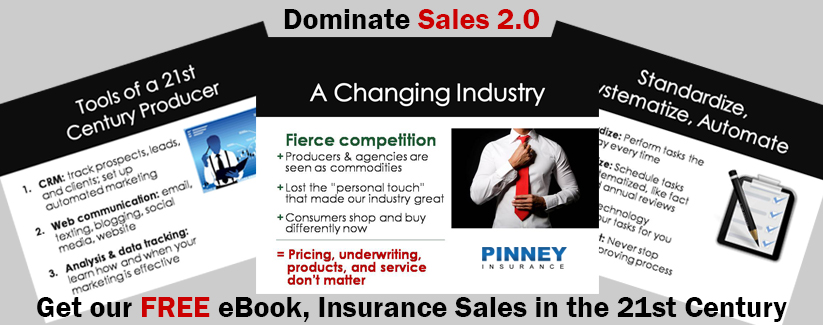This month, we're reading Switch by Chip Heath & Dan Heath. Our June focus topic is business succession planning, and the message of Switch applies on multiple levels.
The book's premise is that to make real and substantive changes in life, we have to reconcile two different impulses within our brains. These instincts are the emotional (the "Elephant") and the rational ("the Rider"). When people override their emotional side with rational self-control, they exhaust themselves. They get worn out. And then they give up. It's like asking someone who won a push-up contest to drop and give you 20. Their muscles are weak and shaky from overuse. They're not lazy - they're just tired. That's what's behind a lot of the failure to change, according to the authors.
But what if the opposite happens? If the rational side overrides the emotional side, motivation gives out quickly. If there isn't a crystal-clear course of action provided, the "Rider" is going to spin his wheels, overthinking instead of acting. Overthinking leads to paralysis, which leads to self-doubt and inaction. If there's no emotional connection to the change to keep the Rider's analytical nature in check, the change is not going to stick, in other words.
This book is going to tell us how to make those changes stick.
Lessons We Can Use
Changes often fail because the Rider simply can't keep the Elephant on the road long enough to reach the destination.
Right off the bat, there are two useful lessons for sales:
- Give people a crystal-clear directive. The book's opening example? Don't tell people to "eat healthier." That could mean giving up soda or eating more grains or laying off the ice cream. Instead, you want to tell people to "switch from whole milk to 1% milk." That's a clear directive that's easy to follow. When it comes to selling life insurance, what's your best closing line? Does it give your prospect a crystal-clear directive or could it be interpreted in a number of different ways?
- Give people an emotional or visceral reaction so they know why change is needed. In the "eat healthier" example, this happened when two health researchers showed reporters a gross tube full of fat - the same amount of fat found in a half-gallon of whole milk. Making people go "yuck" was the visceral reaction needed so their target market would understand why they were being asked to switch to 1% milk.
Why We Chose It
To change behavior, you've got to direct the Rider, motivate the Elephant, and shape the Path. If you can do all three at once, dramatic change can happen even if you don't have lots of power or resources behind you.
This book seemed like a great choice for June because it applies to us (the agents) and our clients (the business owners). Change is hard for everyone. Maybe you've never reached out to a client to ask about a business valuation or whether they have a buy-sell agreement in place. Maybe you own your own agency and even though you're the business owner, you don't have a succession plan in place for your practice. In both of these scenarios, you (and Sam Cooke) know a change is gonna come. But when? Unless you have that emotional, visceral reaction, you'll find a way to shove business succession onto next month's or next year's task list.
So...
The challenge this month is to explore business succession for yourself, if applicable, and then explore it with your clients. Instead of ignoring a huge segment of your client base and their needs, let's dive in, learn some new material, and find a way to get the Elephant and the Rider working together.

